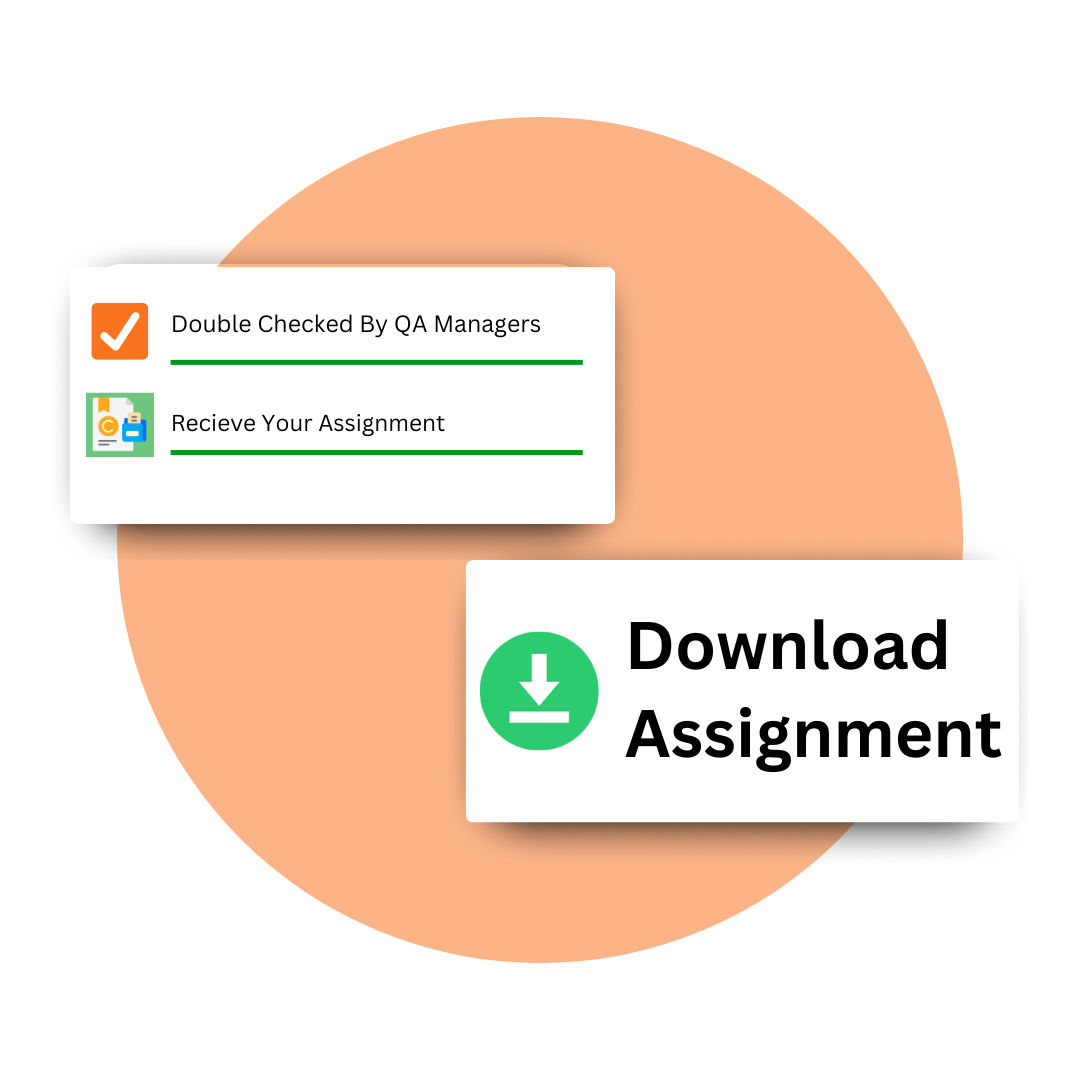You can get AI-free and plagiarism-free assignments crafted by British writers just by following 3 simple steps.

To complete the assignment, go to the online form and enter the details; in addition, add any special instructions that may be necessary.

Once you get the quote, make the secured payment to begin with the assignment. You can securely make payment via our online website.

Our experts will complete your 8600-312 assignment, which will be 100% human-written, and deliver it to you before the deadline. You can also ask for revisions without any extra cost.
We are proud to deliver unique, AI-free, customised assignments that reflect your voice and understanding of the subject matter.
Our team comprises experienced writers with backgrounds in conflict management in the workplace. They know what it takes to excel in ILM assignments.
Have questions or need assistance at any time? Our friendly support team is available around the clock to help you with your needs anytime, anywhere.
High-quality assignments do not have to come at a huge price tag. Our competitive prices guarantee that you will always receive top-notch service with affordable pricing.
If you are ready for success with your ILM Level 3 8600-312 assignment, speak to us today. We provide a clear understanding of conflict management skills that will empower the participant to impose change in any workplace. Let’s take away the headache of details and get on with the learning and application of real skills that matter most.
Be successful at conflict management with our ILM-certified experts at ILM Assignment Helper
Conflicts at work can have numerous causes, including the following:
Personality or Work Style Differences: When members of a team differ on techniques or attitudes, it is common for quarrels and friction to ensue.
Communication breakdowns: Miscommunication or a lack of clear communication will always result in misunderstandings, irritation, and conflict.
Competing for Resources or Opportunities: Limited resources, recognition, promotions, and work assignments may result in a battle among staff members.
Conflicting Goals or Priorities: Employees or departments may have opposing objectives. This might lead to misunderstandings and poor levels of teamwork.
Conflicts typically occur in a cycle of stages, such as:
Stage 1: Latent Conflict: There are underlying issues that have not yet led to an open conflict. This stage often involves unspoken tensions.
Stage 2: Perceived Conflict: People become conscious of the tension, but that can remain below the surface without confrontation.
Stage 3: Felt Conflict: Frustration or anger is now felt. People may feel personally involved. This stage can become the onset of active conflict.
Stage 4: Manifest Conflict: Open argument occurs with manifest conflict in behaviour and interaction. Productivity and teamwork suffer during this stage.
Stage 5: Conflict Resolution or Suppression: The conflict is either resolved or suppressed. If resolved, the relationships can improve; if suppressed, the conflict may recur.
Decreased Productivity: Conflict may negatively impact individual and team performance by distracting individuals from completing tasks.
Increased Stress and Low Morale: Conflict raises stress, which lowers morale and work satisfaction and may lead to greater turnover.
Reduced Team Cohesion: Conflict may tear teams apart, undermine collaboration, and ruin team cohesion, making it impossible to collaborate toward common goals.
Impact on Customer Satisfaction: An unresolved dispute causes workers to conduct in such a way that their behaviour, either directly or indirectly, may harm the connection with consumers, resulting in low customer satisfaction.
There are several better-known practices that managers can use to manage conflict effectively, including the following:
Mediation: In this concept, a neutral third party—the mediator—encourages conflicting parties to hold discussions so they may reach a mutual agreement.
Active Listening and Communication: The managers can establish openness through active listening, clearing up miscommunications, and encouraging employees to voice their concerns constructively.
Collaborative Problem-Solving: This method entices the parties to work with each other to come up with solutions that mutually benefit them while meeting each party’s needs.
Negotiation: This is whereby the managers use negotiation skills to elicit a mutually acceptable agreement between the conflicting parties such that all benefit from it and their voices are heard.
Maintaining a positive attitude at work to prevent and reduce conflict.
Promote Open Communication: Promote an atmosphere at work where staff members may freely express their thoughts and worries without worrying about retaliation. The manager may also encourage this by allowing the subordinates to express themselves, which will lead to candid conversations free from animosity.
Acknowledging Diversity: Respect among team members is fostered by diversity; therefore, embrace the differences and strive for inclusion. This will lessen the likelihood of miscommunications as opposed to confrontations.
Role expectations and limits: Clearly defining role expectations and limits will help employees understand their obligations and reduce the extent of conflicts with work-related activities.
Team-Building Activities: They focus on fostering relationships and trust, and they promote frequent team-building so that managers may foster a friendly and cooperative team environment.
Student satisfaction is what our writers care for. They work hard so that you can achieve an A+ in your ILM course.
A
Alex Turner

ILM Assignment Helper played a key role in my success with ILM Level 3 assignments. Their team offered exceptional insights, guidance, and support. They ensured I understood the core concepts and applied them in my coursework, resulting in fantastic grades and a more solid grasp of leadership principles.
M
Michael Thompson

ILM Assignment Helper delivered high-quality work for my ILM Level 7 assignments. Their expert writers incorporated advanced research and real-world examples that directly aligned with my academic needs. With their support, I achieved excellent grades and was able to apply the knowledge practically in my career.
E
Emma Green

I couldn’t have asked for better help with my ILM Level 3 assignments. ILM Assignment Helper’s team provided clear, concise, and well-researched content that directly addressed the challenges in my coursework. With their help, I improved my grades significantly and gained a clearer understanding of leadership principles.
D
Daniel Hughes

I was having difficulty understanding some of the more complex management theories in my ILM Level 5 course. The team at ILM Assignment Helper provided tailored support that helped me break down these concepts into easily digestible pieces. Their research and writing assistance improved my work quality and led to top grades in my assignments.
C
Charlotte Roberts

ILM Assignment Helper was a lifesaver during my ILM Level 7 course. Their expert writers not only provided high-quality, well-researched content but also made sure the assignments aligned perfectly with the requirements of my curriculum. Thanks to their assistance, I passed with distinction and gained insights that will benefit me in my career.
J
James Carter

I was struggling to understand the practical application of leadership theories in my ILM Level 3 assignments, but ILM Assignment Helper made everything clear. The team’s input was invaluable, helping me complete my work with a deep understanding of how these theories apply to real-life situations. I received excellent grades thanks to their support.
Submit your assignment request and let our expert writers handle the hard work for you!
